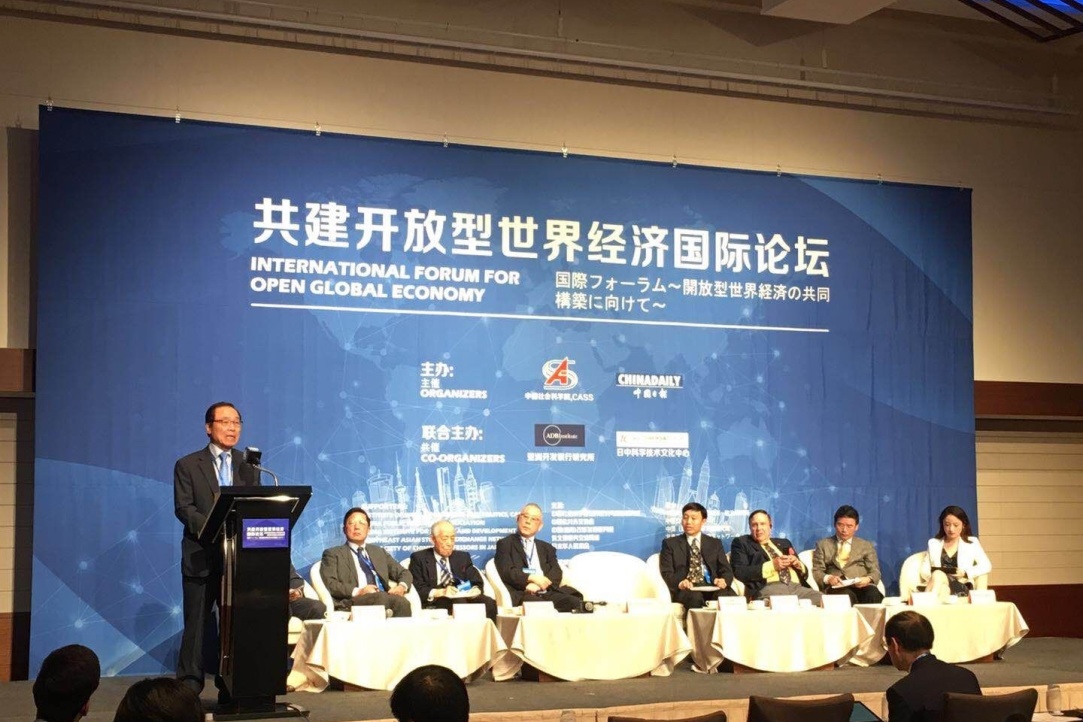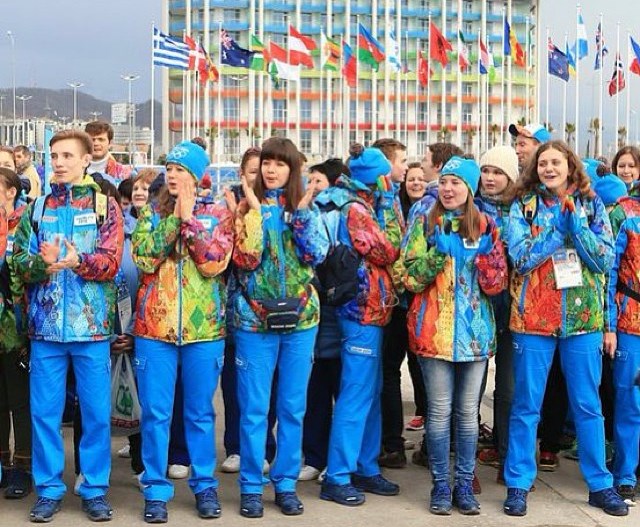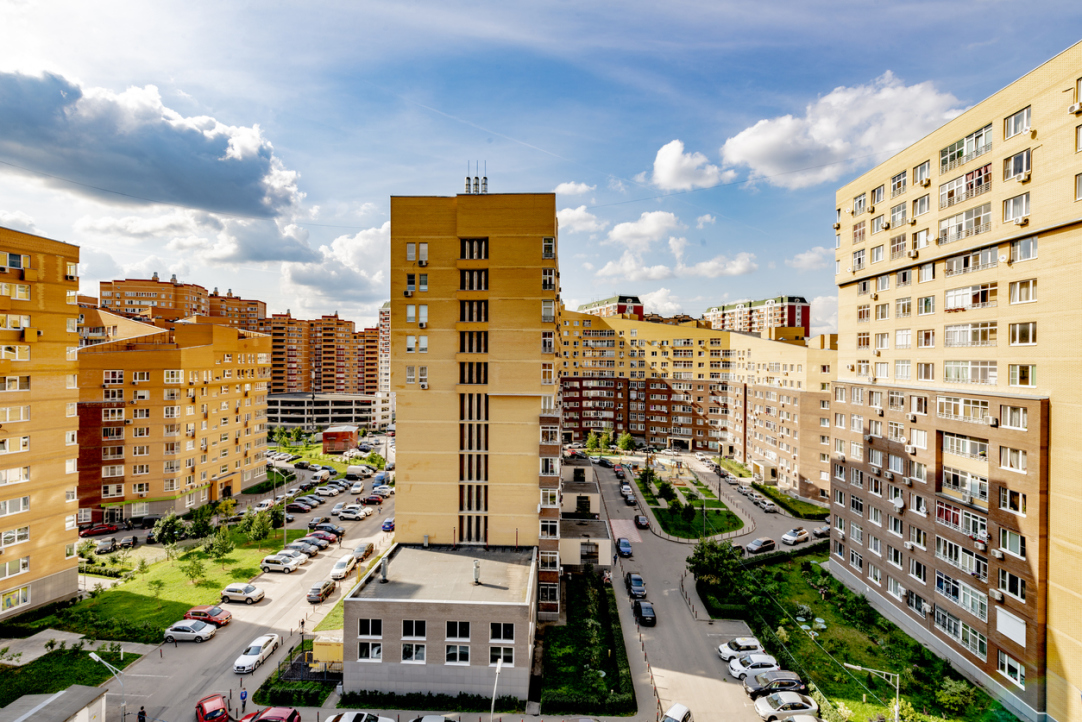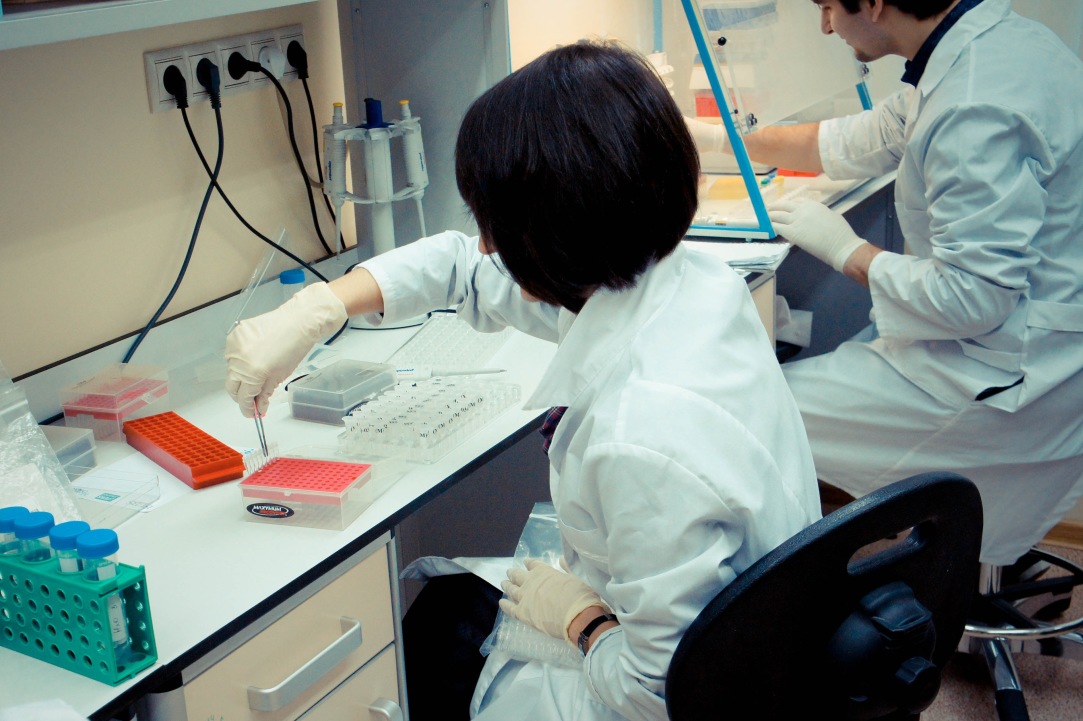
Unconscious Perception of Sounds: We Hear Differences Even without Listening
Neurobiologists from HSE University and the RAS Institute of Higher Nervous Activity and Neurophysiology proved that the human brain unconsciously distinguishes between even very similar sound signals during passive listening. The study was published in Neuropsychologia.

The Cryptocurrency Market Works Like the Stock Market— Only Much Faster
After analysing the price fluctuations of almost 2,000 cryptocurrencies over seven years, Victoria Dobrynskaya, Associate Professor at the HSE University Faculty of Economic Sciences, found that there are no fundamental differences between their behaviour and that of conventional assets. Cryptocurrency follows the same principles, although its prices change much faster: processes that usually take years on traditional markets take only a month or so on the cryptocurrency market. An article on this research was reprinted by SSRN.

Boosting National Economy: The Role of Government
On February 10, Dr. Choong-Yong Ahn, Distinguished Professor of Economics of the Graduate School of International Studies (Chung-Ang University, Seoul) will take part in an online meeting of the Economic Policy Discussion Club organized by HSE University. He will talk about Korea’s economic development and the country’s astonishingly rapid and effective industrialization. Dr Ahn has spoken with HSE News Service about factors that have contributed to Korea’s success and the role of government in steering the Korean economy.
_-_page_25%20copy.png)
Funny Pictures of Difficult Era
The first major Soviet publisher of children's literature, Raduga, was established a century ago and featured the debuts of many authors who would later go on to become famous, as well as illustrations by prominent artists. Based on a research paper by Marina Sazonenko, graduate of the HSE Doctoral School of Art and Design, IQ.HSE examines how — and why — the illustrations in Soviet periodicals for children changed over time.

Researchers from HSE University Compare Motivations of Volunteers at Winter Olympics in Sochi and Beijing
The Sochi 2014 Olympics volunteer programme involved 25,000 people. It was the first such volunteer project in Russia and was organised with support from the government, educational institutions and non-profit organizations.

Two Worlds of Residents: Car Owners Look at Shared Urban Courtyards Differently from Pedestrians
Researchers from HSE University and St. Petersburg State University of Architecture and Civil Engineering (SPSUACE) used eye tracking to study how residents who own cars and those who don’t look at the shared courtyards of multistorey apartment buildings. The study was published in Urban Forestry & Urban Greening.

Do Banks Always Need to Know as Much as Possible about Borrowers?
Economists from HSE University have demonstrated that collecting as much information as possible about borrowers does not always decrease banks’ risks. Sometimes, more is not better: on the contrary, increasing the volume of data might increase the risks of loan defaults to a certain extent. The study was published in the WP BRP HSE University, Series: Financial Economics series of working papers.

Risk-Taking Propensity Significantly Contributes to Entrepreneurship
Risk-takers are thought to be more likely to set up and grow their own ventures because business involves many risks. This does not apply to all entrepreneurial situations, but only to those where people have realized that running their own business is something they really want, not something they are pushed to do.

Laboratory for Molecular Mechanisms of Ageing Opens at HSE University
The decision to create the laboratory was based on the results of an open competition organised by HSE University. The winner of the competition was the project ‘The role of non-coding RNA in facilitating active ageing’ led by Maxim Shkurnikov, Associate Professor of the HSE University Faculty of Biology and Biotechnology.

‘Working on the Fringes of Philosophy and Discovering New Territory’
On January 10-11, metaphysics negativity research group from the HSE University School of Philosophy held its first international event, an online conference entitled ‘Defining Nothingness’. One of the members of the organizing committee, as well as some of the international participants share their impressions and talk about their research.

